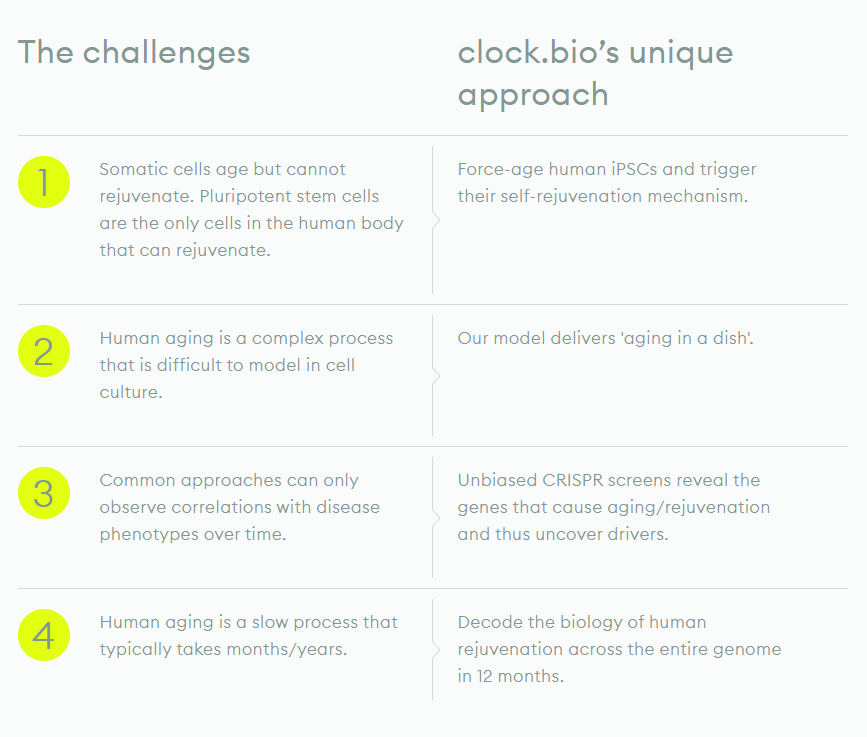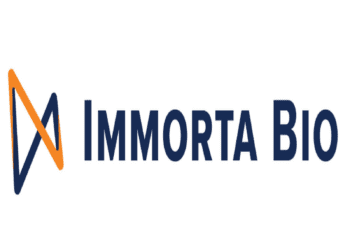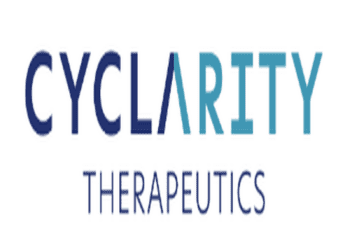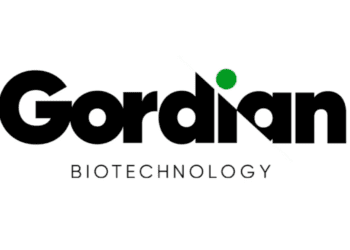As an anti-aging company clock.bio is incredibly interesting. They are taking the approach of looking into the realm of stem cells and how these can be modified to rejuvenate and reverse the effects of aging.
Their vision states the following according to their official website:
clock.bio aims to extend and improve quality of life by reversing the harmful effects of time in our cells, harnessing the regenerative capabilities of human pluripotent stem cells
And their mission states the following according to their official white paper:
clock.bio’s mission is to extend health span by 20 years based on biomarkers of ageing in a Phase 3 trial by the end of this decade
Health span is a reference to the number of years you live without disease and with a high quality of life. It is a term often used instead of lifespan as this simply refers to an extended number of years added to your life regardless of your physical and mental state.
Why 20 years, and what focus will this phase 3 trial be on? These questions remain unanswered. Also, it is certainly an ambitious timeline to have this completed by the end of this decade.
Feel welcome to share your own thoughts on this company in the comment section below. I will be happy to discuss and learn more about how you see their potential in this field.
The solution
The specific approach of clock.bio to reverse aging effects seems to have not been determined yet. From the information available it seems that the company is investigating their options. They are looking to decode the biology of human rejuvenation across the genome. This in itself is quite a feat, and it will be exciting to see what they uncover. The findings from this investigation will hopefully provide them a clear path to pursue.
The company has their own infographic showing the barriers they intend to tackle, and how they intend to do so. I think it is quite nicely setup, and so wanted to share it here as well. This is taken from their official website – you will find a link in the end of this post.

A bit of terminology due to the abbreviations used. The term iPSC is an abbreviation for induced pluripotent stem cells. CRISPR is an abbreviation for clustered regularly interspaced short palindromic repeats, which is a technology used to modify DNA. This post is a bit too brief to go in details with these terms, but let me know in the comments if you would like me to expand on this in a separate post.
So, there is potentially a lot of paths to investigate here, and the question is if they can manage to pursue all of these or will have to double down their efforts somewhere. At least it would seem that their technology or model will enable them to investigate very broadly. Perhaps if one area ends up showing more promise than the others.
Interestingly clock.bio has released an official white paper as well. It is quite a read, but well worth it if you have the time and interest.
You can read the white paper in full through this link.
The company
clock.bio is located in Cambridge, UK, and was founded in 2020 by Mark Kotter. Outside of a $4M undisclosed funding round in August 2023 there is not much information about the level of funding that they have received. Question is if they received any further funding. At this stage they will most definitely need further capital injection to progress with a solution.
About the founder Mark Kotter we know that he is also the founder and CEO of bit.bio, and co-founded meatable. While his engagement is certainly not in question I would be concerned that he might spread his focus too thin. Will clock.bio receive the attention needed to grow into a success? I for one hope so.
If you want to learn more about clock.bio you can view their official website through this link.
Read about more anti-aging companies on this website through this link.




